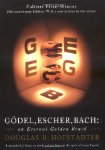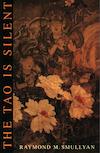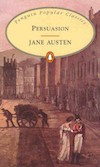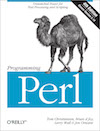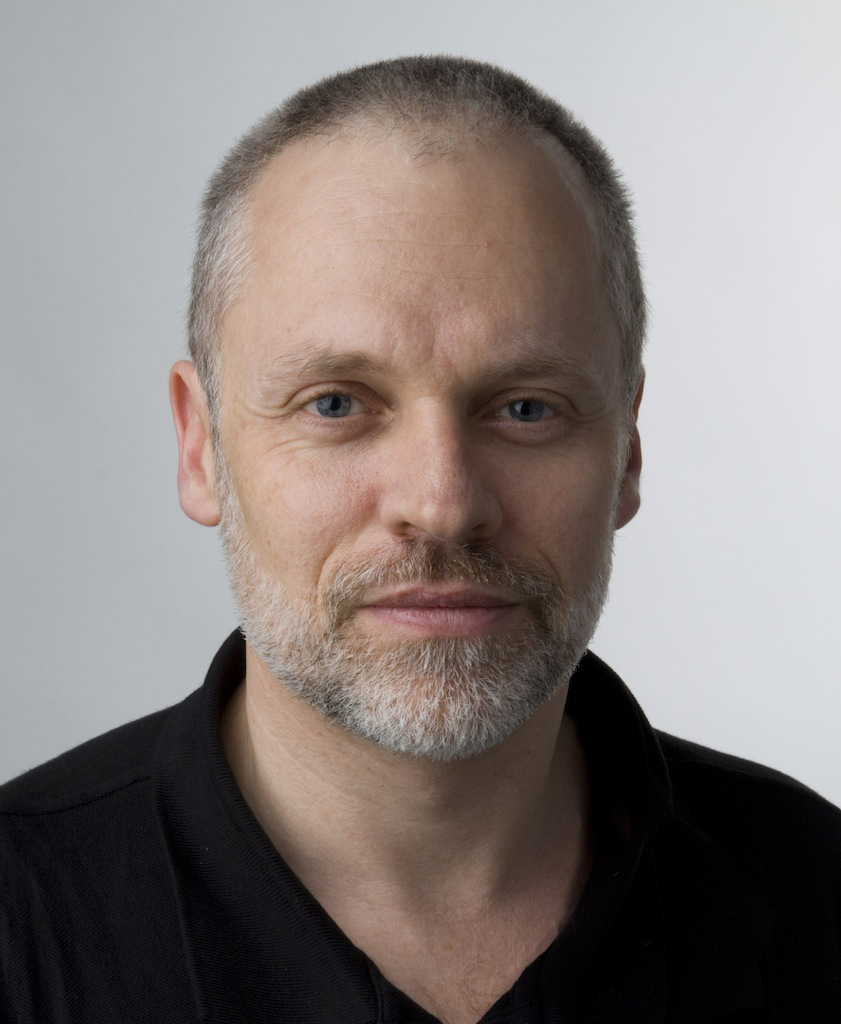
Who are you, and what do you do?
I am an educator and a professional speaker and an Open Source hacker. I teach fundamental programming skills and presentation skills (http://damian.conway.org). I talk about practically anything to do with computing (the weirder, the better). I write free and open source software, mainly in Perl and Vimscript. For the past decade I've also been collaborating with Larry Wall on the design of a new programming language: Perl 6. I've written a few books on programming ("Perl Best Practices", "Object-Oriented Perl", and co-authored "Perl Hacks"), and numerous articles and technical papers on a wide range of topics, including programming language design, programmer education, object orientation, software engineering, natural language generation, synthetic language generation, emergent systems, declarative programming, image morphing, human-computer interaction, geometric modeling, the psychophysics of perception, nanoscale simulation, and parsing.
What books have influenced you the most?
Gödel, Escher, Bach by Douglas Hofstader. As I read this book, I finally understood what it was that I loved about programming, and why it would be my career. I was mired in the engineering year of a CS/Engineering double degree at the time, but the beauty and elegance and intricacy that "GEB" revels in resonated so strongly with me that I resolved at once to give up the engineering and focus entirely on the computer science. Looking back, it was a watershed moment in my young life.
The Tao Is Silent by Raymond Smullyan. I've never been comfortable with traditional Western belief systems. Smullyan's book was the first I had ever read where the philosophy being explored both made sense and appealed to me. He offered a world view in which it was feasible to enjoy one's beliefs...and even not to believe them! Smullyan's musings on good and evil, free will, striving vs acceptance, logic and emotion, the mirror mind, and the happiness of "just being" utterly changed my spiritual outlook.
Persuasion by Jane Austen. Great fiction offers us a genuine escape from our mundane cares, and no-one does that better than Jane Austen. Her settings, scenarios, and language are all so elegant, but also so remote and removed from contemporary life. And yet her themes, her observations, and her humour remain entirely relevant to modern readers. And "Persuasion" is, in my opinion, the best of her works, featuring a heroine who must grow into her heroism and self-confidence, rather than coming by it intrinsically (as do Lizzie Bennett, or Emma Woodhouse, or Elinor Dashwood). Whenever I find myself in need or greater courage or resolution, this book is a wellspring.
Programming Perl by Larry Wall, Tom Christiansen, and Randal Schwartz. "Gödel, Escher, Bach" was the book that taught me that computing could be inspiring and beautiful; "Programming Perl" was the book that taught me that computing could also be compelling and just plain fun. For the past two decades, the Perl language and the worldwide Perl community have provided me with employment, purpose, and companionship. And encountering this witty technical book (at a time when I was bogged down in my career as an unhappy C++ programmer) was what drew me into Perl in the first place.
What book would you like to write?
The most popular training course I teach is my "Presentation Aikido" class, in which I try to distil four decades of public speaking experience into a single day. I think it works well, and I know that it helps people improve their skills, but I'm always limited by the format. Only so many presenters can attend the classes; far fewer than might generally benefit from the ideas and techniques I teach in it.
I've often wished that I could create a book that conveys the same material. The problem, of course, is that a presentation is a living and dynamic thing, and the teaching of presentation skills ought to be that as well. It's not enough to write down how to present better; you have to show how to do it, and then actually do it while you're showing it. Locking all that down on paper kills it and then buries it. It seems the only natural medium for teach better presentation is in a good presentation.
Recently, however, I've been wondering whether it's just the static nature of a book that's the issue. And whether maybe it doesn't have to be. Because, here in the Future, we no longer have to be content with books consisting of a fixed text in a single linear sequence.
So I've been pondering whether an e-book, with hyperlinks through adaptive multimedia content, might be a way to reach more people without compromising the essence of the message itself. And that's a book I think I'd very much like to write.
